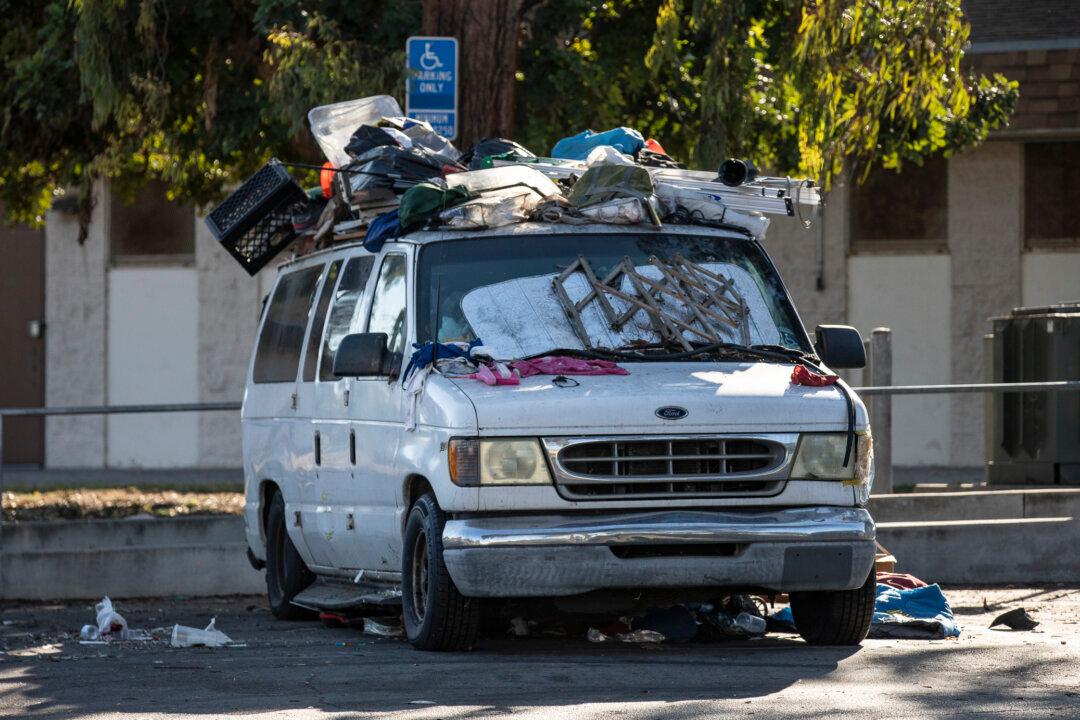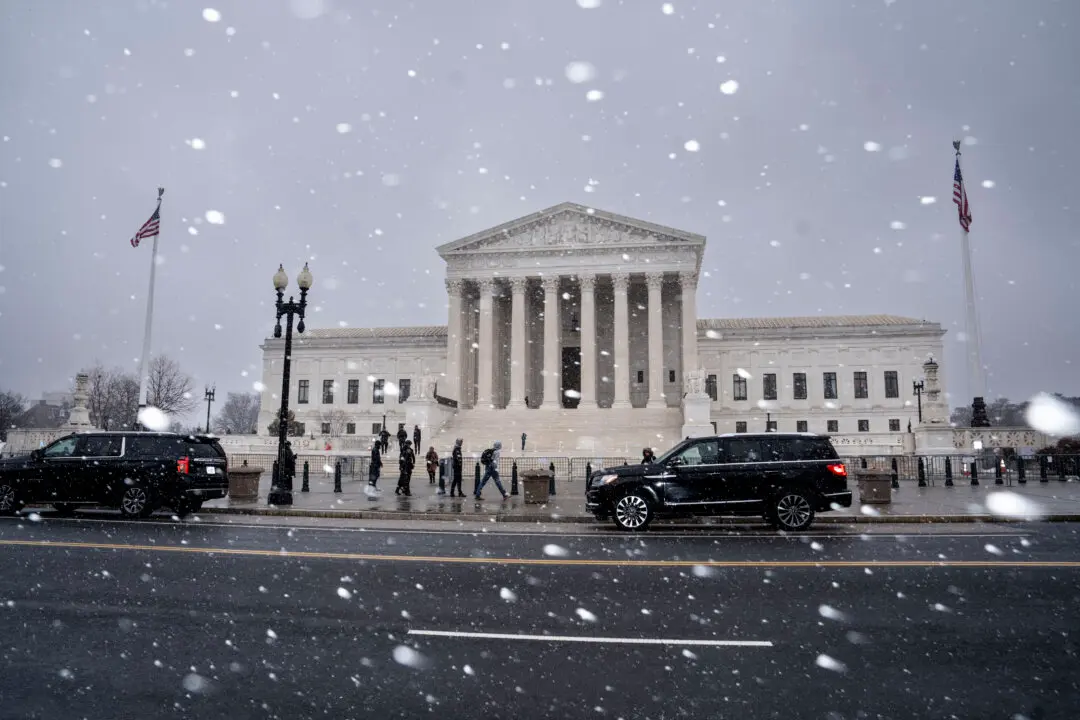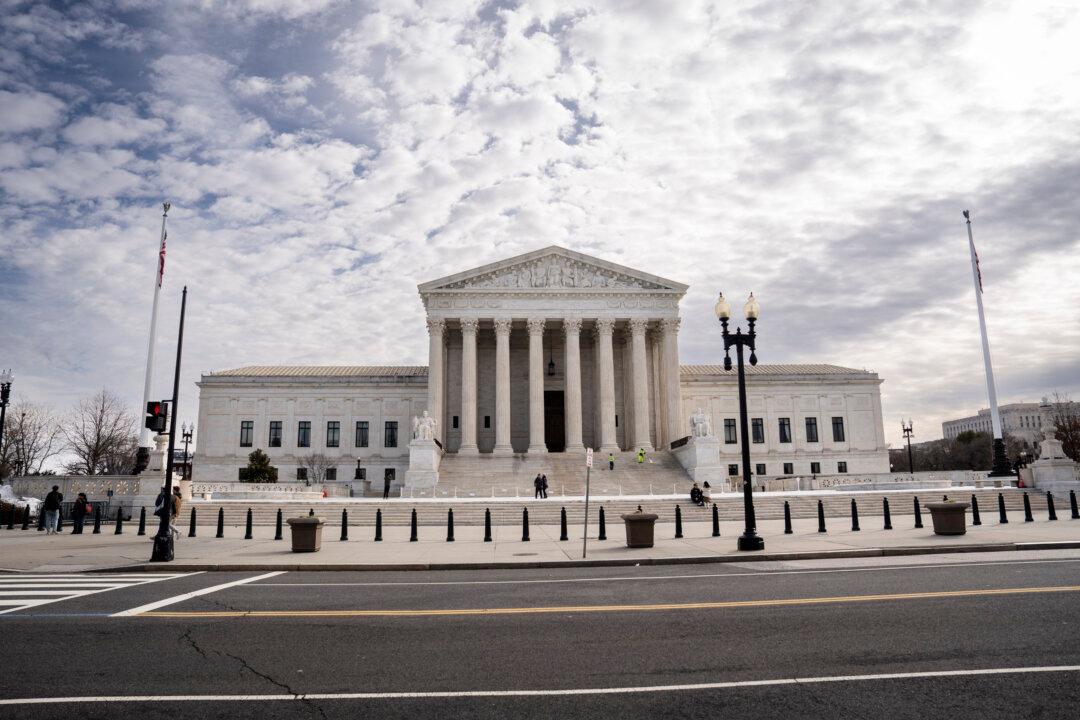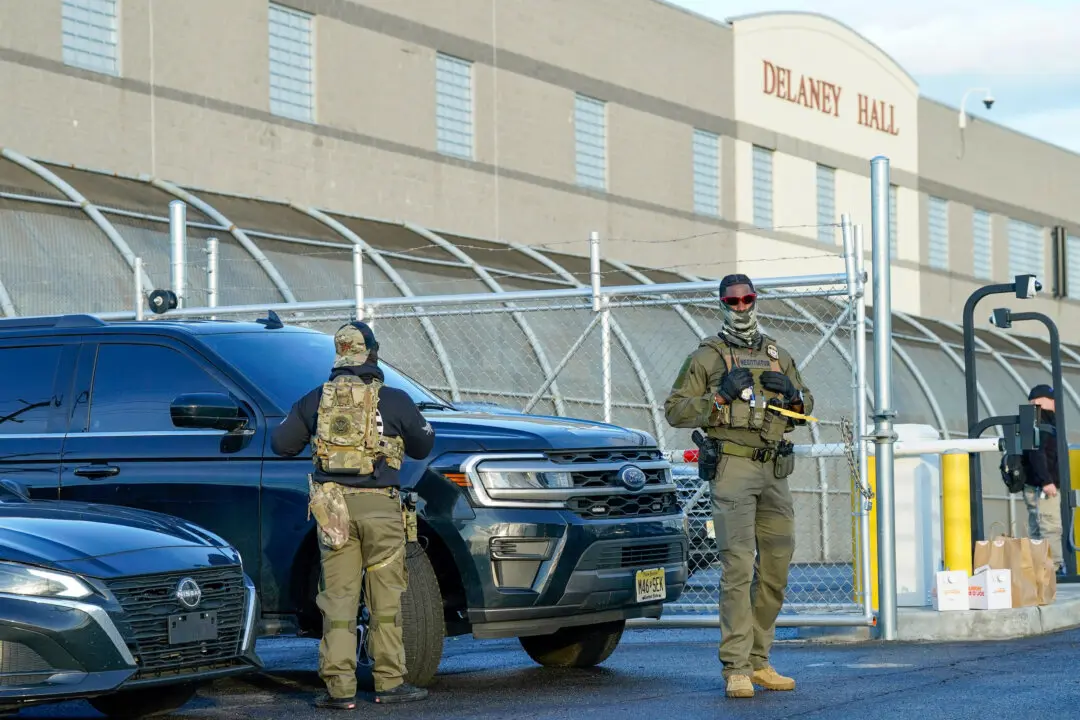The American Civil Liberties Union (ACLU) filed a lawsuit in Washington state court against the city of Spokane, Washington, on Aug. 1, claiming that local anti-public camping ordinances unfairly punish homeless people for being homeless.
Spokane, located in the eastern part of the state, had a total population of about 230,000 in 2022, according to U.S. Census data.





